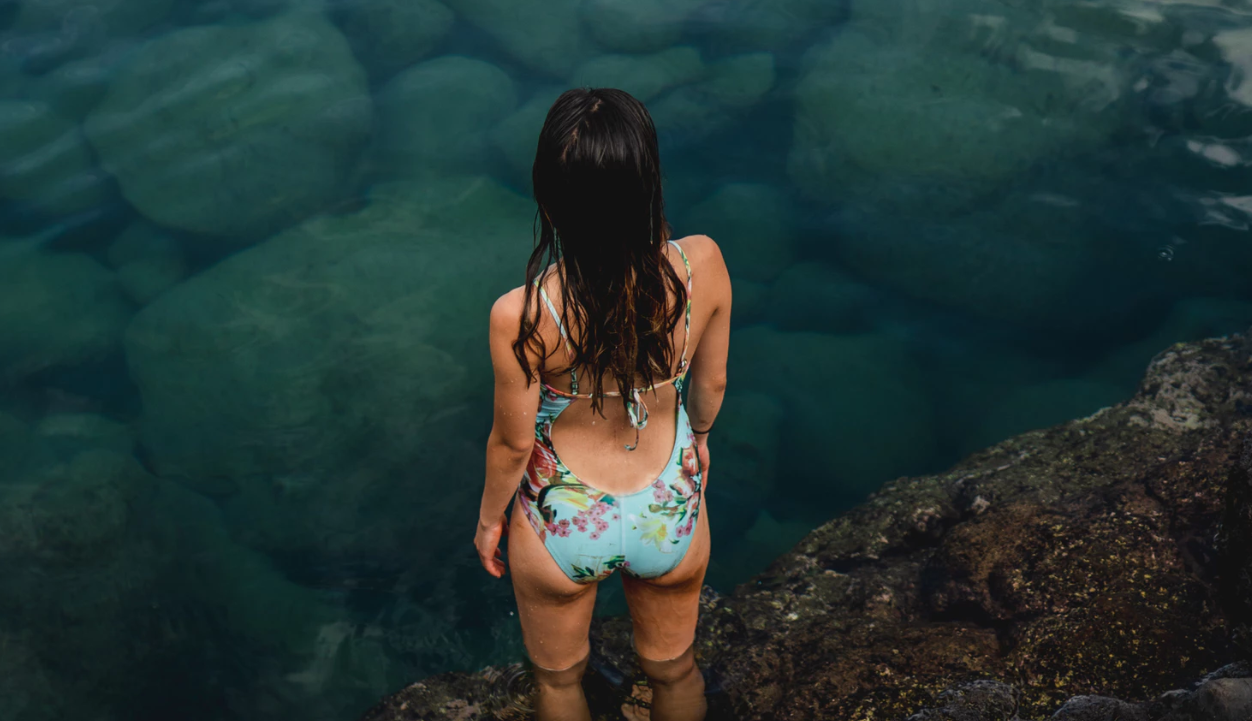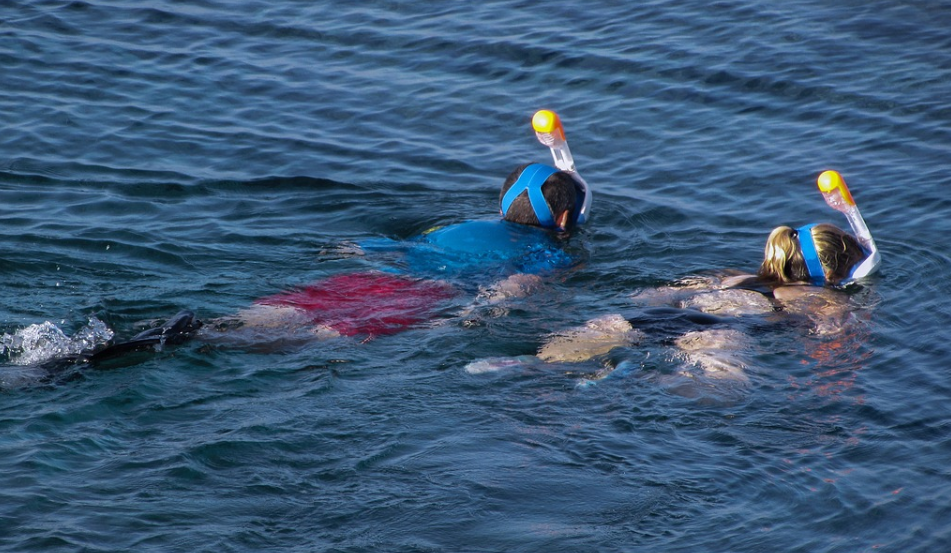Snorkeling and diving are two very enjoyable water sports that allow you to see the beauty of the underwater world, while also offering your body great exercise, but they can be dangerous too, so read this guide, and then you’ll know how to stay safe when snorkeling and diving.
Are Snorkelling and Diving Right for You?
Both snorkeling and diving appeal to people of all ages and sizes, but before you think about strapping on a snorkel face mask and putting a scuba regulator in your mouth, you need to think carefully about whether you are going to be capable of snorkeling or diving.
You don’t need to be Michael Phelps to go snorkeling, of course, but you must be in relatively good physical shape and also you should be a confident swimmer too. Your body should also be in good working order too, so if you have been seriously ill recently or suffered a major injury, then consider waiting until you’re fully recovered before you take the plunge.
Research Before You Dive
It’s a good idea for any budding snorkeller or diver to do some research before getting into the water.
For snorkellers, this will include acquainting yourself with what equipment you should buy to wear during your snorkeling, and it also will be choosing a place to snorkel where the water isn’t too cold, and where you know there aren’t any major hazards, such as big, unpredictable waves.
For divers, you will need to receive training prior to your first dive. Therefore, it is important to choose a dive school that has a good reputation. A bad teacher can leave you in danger, so making sure you’re learning from an experienced, trustworthy instructor will help to keep you safe.
You can prepare for the training by learning about the essential diving equipment you need for a dive, and what role they play in keeping you safe. Once you’re on the diving course, then do not be afraid to ask your instructor lots of questions. The more information that you have when you’re underwater, the safer you’ll be.
Prepare your Body
The two most important things that you can do at home prior to snorkeling or diving is to start swimming more regularly so that the muscles you’ll be using while snorkeling or diving will be less likely to tire easily, which could put you in danger. You should also spend some time doing breathing exercises too.
When it comes to diving, you have to be able to breathe calmly, regularly, and deeply at all times. A short breath or holding your breath can cause dire consequences, so some practicing of the right breathing methods will keep you safe.
Plan Your Dive
Every experienced diver will tell you that you must plan every single dive thoroughly. What does this mean? You need to know what the maximum amount of time for the dive is, and you also need to know the maximum depth. On top of this, you should have knowledge of how to navigate the dive, if you’re not diving with a guide.
Always Dive or Snorkel with a Partner
You should never consider diving alone. Safety comes in number, and the magic number for snorkeling and diving is two. You need to have a buddy. Prior to diving, make sure that you have agreed what signals you will use, as these sometimes differ in certain places in the world, and, actually, it is possible that the same symbol might mean something different to your partner.
Plan your route with your buddy, and also make sure that you have discussed what will happen in case of emergencies. You both need to have a plan for what you will do if you are in danger.
How to Avoid Decompression Sickness
Before you even consider putting your diving gear on, you must make sure that you’re fully hydrated. And that hydration cannot be through alcohol. You should never consider putting yourself at danger by drinking alcohol before a dive. Good hydration is an important element of avoiding DCS.
A safe ascent means a safe dive, so do not ascend at a rate more than 10m per minute.
You should also make sure that you don’t over dive. Each day limit your number of dives to three at the very most. And you should never dive more than three days in a row. A rest day is imperative after either two- or three-days diving in a row.
After you dive, don’t get on an airplane or ascend to a high altitude for at least 24-hours afterward.
What to do in Case of Emergency
Don’t panic. Focus on your breath. Remember your training.
These are the three most important rules for what you need to do in emergencies. If you panic, you will either breathe shorter breaths, which will use up your oxygen quicker, or you may even stop breathing. That’s why you should focus on your breath. If you hold your breath, then you’re putting yourself in huge danger.
Keep calm, and take deep, long breaths, and then remember what you were taught in your training. You should have been prepared for all eventualities, so now is the time to use that training.
Don’t Stray Too Far from The Shore
Snorkellers can find themselves so focused on the beautiful underwater delights that they don’t take notice of how far from the shore they have swum. Check regularly where you are, as if you swim too far from the coast, you could find yourself in choppier waters or even surround by sharks.
If you liked the article, please leave your feedback.


